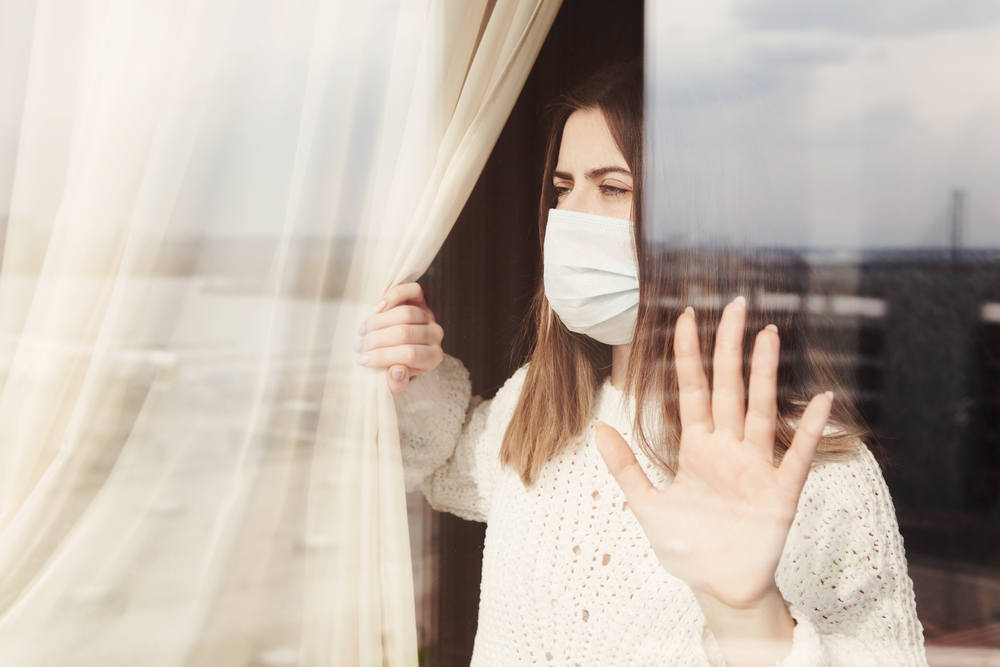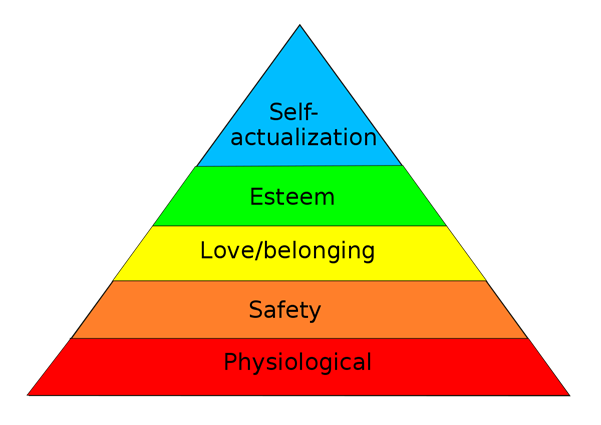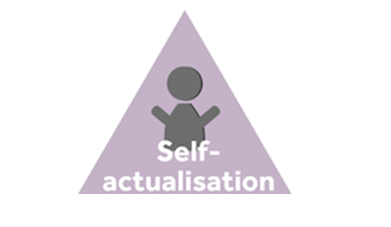Our Needs and COVID-19

Every individual has a set of needs which drives and motivates them in life. Abraham Maslow, an American psychologist (1908 – 1970) proposed the theory of “hierarchy of human needs”. The theory suggests that each individual fulfils the basic needs and then moves forwards in the hierarchy. If you look at the picture below, it displays the pyramid of needs as proposed by Maslow. An individual’s physiological needs of food and water have to be fulfilled in order for them to be concerned about their safety needs, and so forth.

How does this relate to COVID-19?
COVID-19 and the consequent lockdown right now has created a turmoil in peoples’ lives. Their occupation, safety and even food supplies, to a great extent, are at threat. To understand our reaction to COVID-19, Maslow and this theory could be of help.
According to Maslow, these needs are in a linear hierarchical manner. This means that they are in a progression from Physiological needs towards Self – actualization need. We could have related to this in our everyday mundane life. But this hierarchy has been disturbed by the introduction of the COVID-19 virus in our lives. Even if we take all precautions and have not tested positive, there has been a drastic change in our lifestyle.
Hoarding of Supplies

Many people tend to indulge in hoarding of food and other supplies during the lockdown. The primary reason for this is fear. Fear is an automatic emotional response in face of threat (perceived or real). Hoarding of supplies is condemned by all, but it is important for us to be compassionate during this time and understand the need for people for hoard. When our basic physiological need of food is threatened, it is natural for people to panic and respond by hoarding.
Anxiety and Stress

After we have taken care of our physiological needs, safety is our next concern. Right now, it is difficult to understand what is safe and what is not. Is shutting myself in the confines of my house safe? What if I need to go out to get food? Can I interact with my family as before, or do I stay away from them as well? Such thoughts have become more frequent in the minds of everybody. A state of stress, anxiety or even an unsettling feeling is what such thoughts leave behind.
Loneliness

Man is a social animal! This is what we have heard, read and spoken since our memory allows us to remember. And indeed, the truth of this sentence has never been experienced and realised by mankind before now. Social distancing is the necessity now but to what extent can we distance ourselves? Are we ready to give up being social animals and live a solitary life? The need for love and belongingness is a social need of every human. In face of threat, people are bound to feel lonely on top of the stress and anxiety we are already facing. Many have come with unique ways of coping with these by playing games online and being in touch via virtual meetings.
Work from Home

We are discovering the importance and need of technology and internet are found in these tough times. The whole world is under a lockdown and yet work hasn’t stopped. School and colleges are running online just like other businesses. However, many jobs are under threat. Self-esteem of any individual is very closely related to their self-identity which is influenced by their profession. Many people right now, despite the anxious environment are trying to work from home. Some have realised the importance of their work which has boosted their self-esteem to a great extent as well. Others are struggling to keep it intact by indulging in other activities like home workouts and cooking. A great boost of esteem for this comes with showcasing these on social media.
Helping others

There are also a few for whom the other needs might not be at a threat to the level of others. These are the ones who are able to exercise their need for self-actualization by giving back to the society and helping the ones in needs right now.
How does this impact us?
Understanding the impact of threat on all these needs may help us in understanding ourselves and also others around us better. These needs function on an individual level. A threat to these can make living with our families 24×7 difficult for us. A constant stress about the basic needs may trigger significant frustration and irritation within us. We may not understand the source of this and when these frustrations are experienced at a subliminal level, they can cause tension even in our relationships.
What can we do about it?
Eliminating these stressors is not a solution yet. These can only be eliminated by eliminating COVID-19. Therefore, we need to adapt ourselves to survive in this environment. It would be helpful to acknowledge these threats and understand the reasons behind the insecurities. Indulging in activities which can help us relax may reduce some the stress and frustration. Realising and accepting that there is only so much we can do about it may reduce the anxiety to a great extent. Taking a ‘one day at a time’ approach can also help deal with the anxiety.
Author : Trishi Agarwal